BTRC’s bid to regain independence
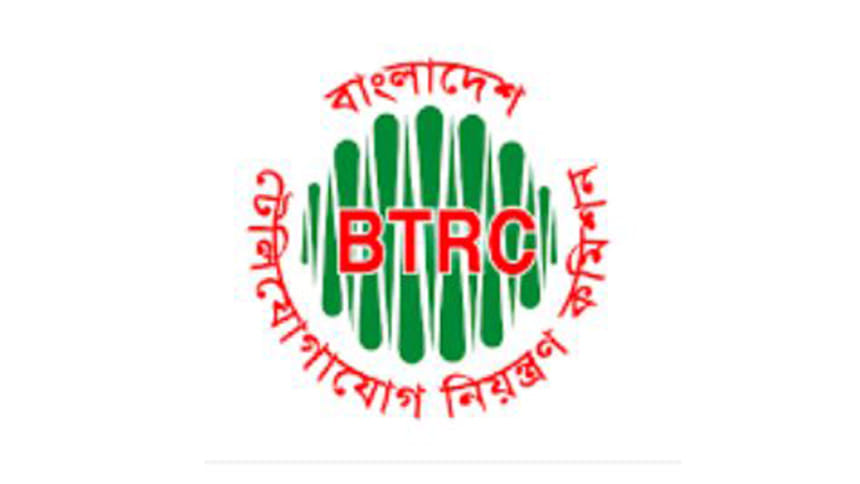
The Bangladesh Telecommunication Regulatory Commission has come up with a draft ordinance that would bring sweeping changes to the law, paving the way for the telecom regulator to win back its independence taken away by the previous regime through amendments.
The original Bangladesh Telecommunication Regulation Act, 2001 gave the BTRC several powers, including granting licences, managing the radio spectrum, setting tariffs, regulating telecom services and resolving disputes.
In 2010, the Awami League government amended the law in a way that necessitated prior government approval for issuing licences, spectrum allocation and tariff approval.
The ministry was given sole authority over licensing, tariffs, services and spectrum approvals for all operators, effectively reducing the BTRC to what its current chairman Md Emdad ul Bari termed a "rubber stamp".
The regulator needs a certain level of freedom as it acts as a referee, he said.
In Bangladesh, there is a deep conflict of interest as the ministry holds authority over the commission, as the secretary of the telecom ministry is the chairman of the board of directors of six state-owned companies.
"So, if the ministry becomes the regulator of the regulator, how will the commission ensure fair competition? A backdoor was created when pre-approval from the government was added to the law."
This led to anarchy in the licensing regime -- where a single company holds licences at multiple layers, and numerous unnecessary licences have been created in the telecom sector through this backdoor.
On top of that, the pre-approval requirement causes unnecessary delays, creating a major hurdle for investors, Bari added.
Subsequently on October 22 last year, a meeting on the draft of the "Bangladesh Telecommunication Regulation Act, 2024" was held under the chairmanship of the secretary of the Posts and Telecommunications Division.
In the meeting, it was decided that the BTRC would prepare and submit the draft to the Posts and Telecommunications Division.
Following this, the BTRC formed a committee to draft a law aimed at expanding the scope of the telecommunications sector, modernising existing telecom regulations and aligning them with internationally recognised standards.
The BTRC has already sent the draft amendments to the ministry on January 14.
In the draft, the BTRC also brought social media platforms, over-the-top (OTT) content providers, online streaming companies, and broadcasting companies under the act.
The BTRC also proposed repealing the section that mandates taking all necessary actions to establish its rights and fulfil its obligations under international laws, regulations, or any international agreements related to telecommunications.
It sought to revert to the original mandate of the law that had bestowed this power upon the commission.
The 2010 amendments to the Bangladesh Telecommunication Act significantly weakened the BTRC's independence, transforming it into an extension of the ministry, said Abu Nazam M Tanveer Hossain, a telecom expert.
"This has not only deterred telecom investments but also led to regulatory actions heavily influenced by government revenue targets, rather than prioritising consumer interests. To ensure the public receives the best possible telecom services at optimal prices, it's imperative to reinstate the BTRC's independent status," he added.
The industry people welcomed the changes in the draft as they think the BTRC's independence will enable quicker services, enhancing efficiency in the sector.
"However, for matters such as licence grants, fines, cancellations and the appointment of administrators, we think there should be an arbitration clause to help operators resolve disputes between the regulator and the operators, ensuring checks and balances," said an official of an operator wishing anonymity.

 For all latest news, follow The Daily Star's Google News channel.
For all latest news, follow The Daily Star's Google News channel. 



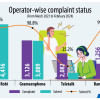
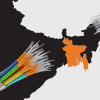
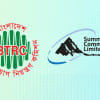
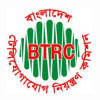


Comments